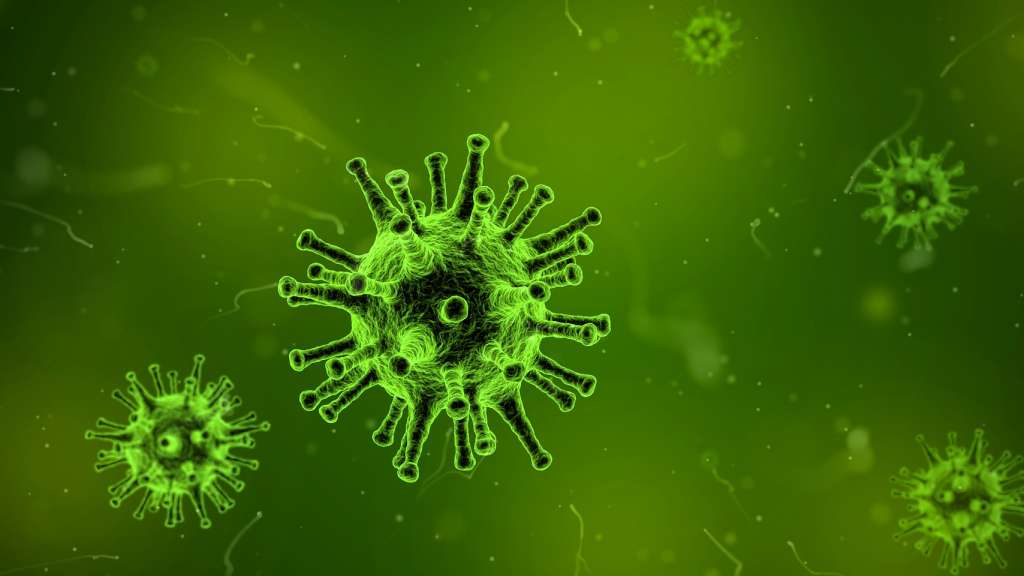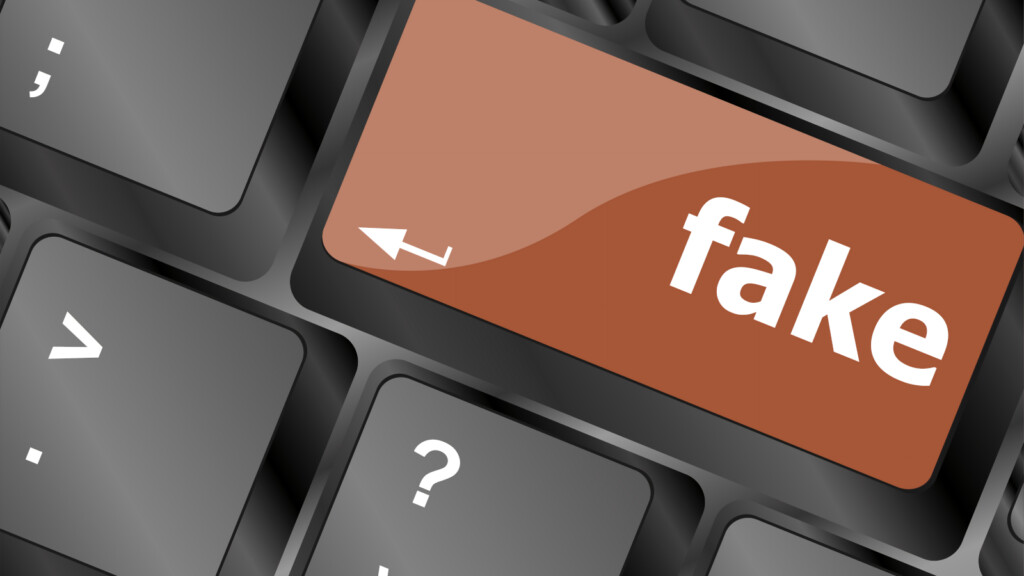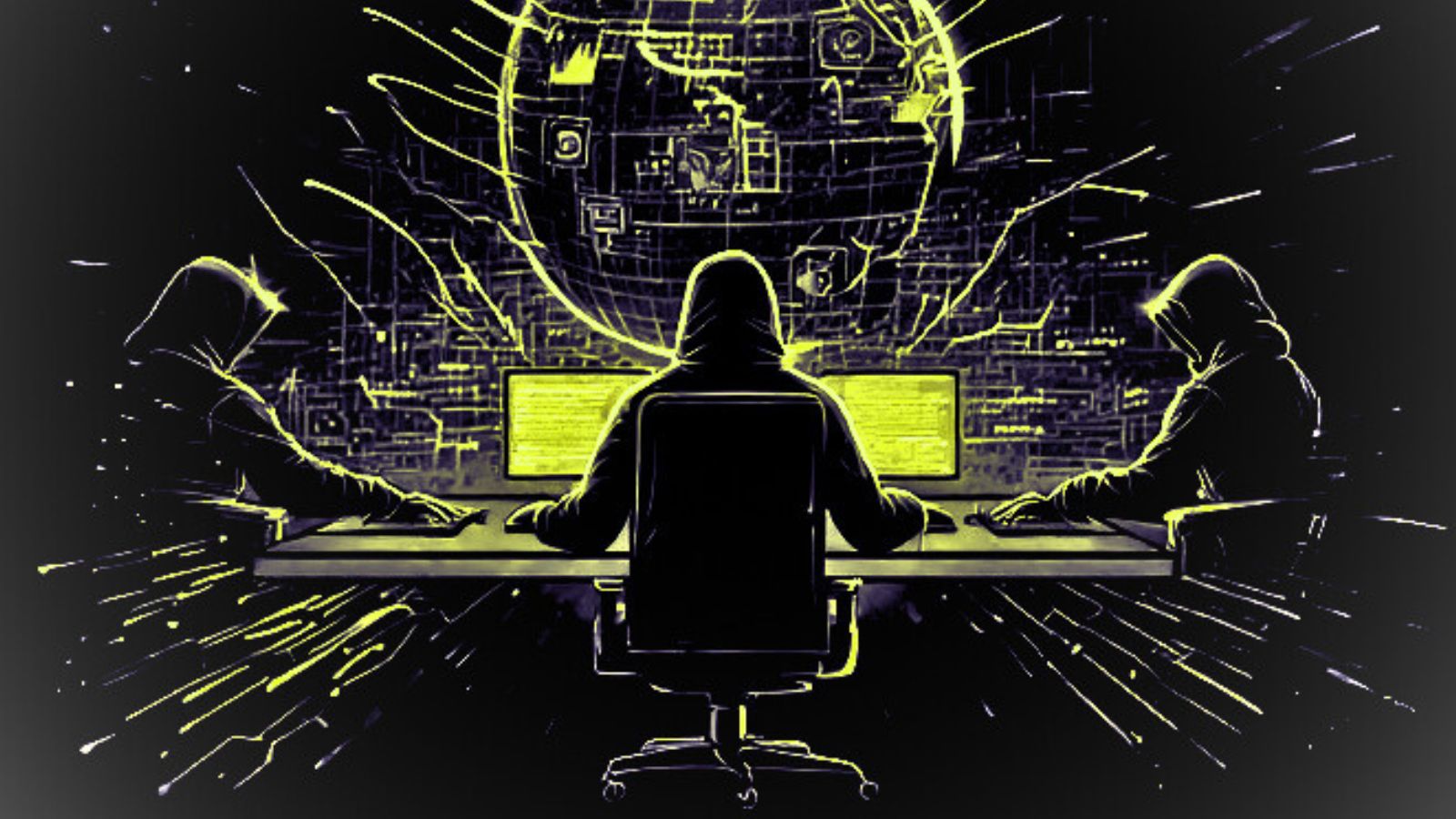
The Coronavirus is Bringing Out the Scams: Here’s What to Watch Out For
As you almost certainly know, the world is gripped in the clutches of a global pandemic. It's a time where, more than ever, people need to set aside their differences and work together towards a common goal. Sadly, human nature being what it is, many people see this crisis as a way to profit. From price-gouging on toilet paper to selling snake-oil to ignorant, scared customers. There seem to be no depths to which some people will sink to make a few bucks. Sadly, the Coronavirus pandemic seems no different and we are rapidly seeing new scams, both online and offline, pop up all over the world. While we could never keep track of all of them, here are some of the more prominent ones that have made it into public perception.
Remote Work Phishing
Phishing is a topic we have covered at length on TechNadu, but at times like these, it's more dangerous than ever. Why? Well, with so many people now being forced to work from home, many companies are not going to have the right cybersecurity policies in place. Phishing, in brief, is when a threat actor sends something like an email, trying to get sensitive information from someone. They pose as a colleague or an authority of some kind and are usually looking for credentials. Since cybercriminals know people are working from home, they can try to take advantage of it. So check out some phishing guides and make sure anyone who is doing remote work for the first time is informed of this type of attack.
Coronavirus Scam Phishing
While remote workers may be vulnerable to general phishing attacks at this time, there are also new phishing attacks that are Coronavirus specific. These can be emails claiming to be from authorities such as the CDC or their regional equivalent all over the world. These use fear and anxiety about the virus to fool people into giving up private information. As always, you should check the actual core websites of organizations like the CDC to verify what's being said. Most importantly, don't click on links from within emails, always navigate to official sites yourself.
Coronavirus Scams Posing as Health Officials
In real life, people may pose as health officials in order to gain access to homes and businesses. This has happened in a few countries and is especially worrying since the respective disease control organizations generally aren't going door-to-door and testing people.
This type of scam can also happen over the phone or via email, as per the phishing issued we just discussed. Either way, you should always check the credentials of anyone claiming to be an official before you give them access. Regardless of the inconvenience to them.
Disinformation and Scare Tactics
It's easy to understand someone scamming people out of money, but it can be harder to understand scams where there is no clear financial gain. Sometimes you only need to dig a little to find it and at other times it may not be a financial advantage that's being sought at all.
There is a lot of misinformation when it comes to the novel Coronavirus online. Sometimes people are trying to drive web traffic in order to get ad revenue. Others are simply trolling, seeing how much panic or discord they can sow.
Whatever the reason behind disinformation, hoaxes and other factually incorrect information about the pandemic, it's paramount that you don't share any of it. Don't pass anything on without doing at least the minimum amount of effort to check whether it's true.
Online Price Gouging
Whether it's a scam or just exploitation, there are people selling high-demand items online for massive price inflations. Thanks to panic buying and other abnormal buying patterns brought on by fear of the pandemic, there may be genuine shortages. Even if they are temporary. In other cases, there aren't actually shortages, but people get tricked into paying the higher prices.
There are a couple of things to do here. If you see an item online for a much higher price than normal, spend some time doing comparative shopping. The internet makes it easier to find other offers. If you see this sort of thing out in the real world, report it to the authorities. Many countries have laws in place to punish this sort of exploitation. So don't hesitate to use them.
Fake Treatments
Name a disease and there is some fake, snake oil treatment being sold by someone. "Medicines" prey on people who are desperate and scared. When it comes to the novel Coronavirus, there is no direct treatment for it at the time of writing. While scientists are working hard to create a vaccine for it and various antiviral medicines are being tested for effectiveness, we don't have them yet. The only way to mitigate things is by washing your hands and social distancing. If any of these changes, official sites for organizations such as the CDC will reflect this. Ignore everything else, it's as simple as that.
This is Just the Beginning of Coronavirus Scams
This is a crisis that's far from over, which means the vigilance for bad faith, fraudulent threat actors who thrive in times of uncertainty can never end. I'm sure that scammers will be spending all their time thinking of new ways to scam people thanks to a terrible crisis. The very least you can do is not help them and to be extra skeptical.

















